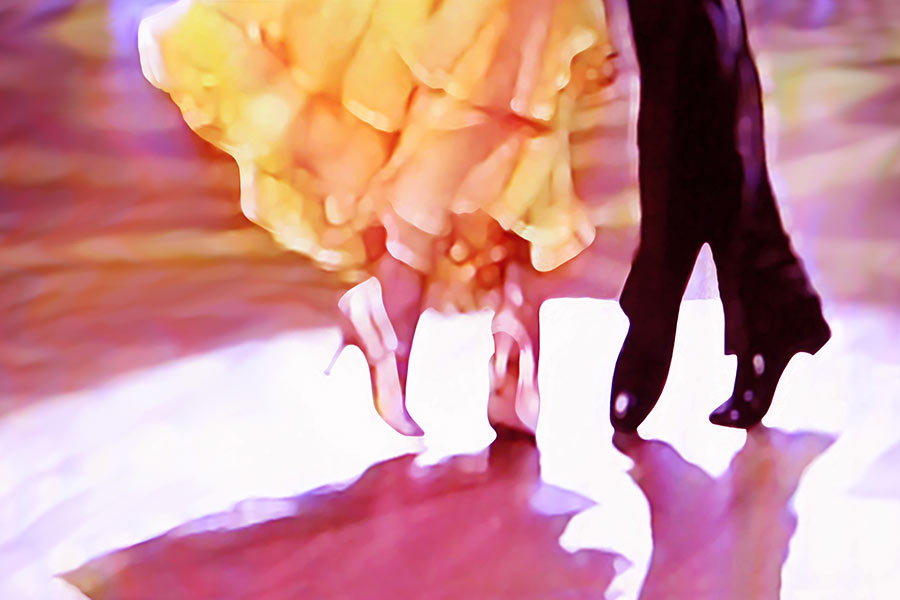
Encyclopedia search
Next to the fear of being judged, the biggest obstacle to spects’ ability to play is not understanding what’s going on. This is to be expected. Spects start off not knowing much about the story. They’re discovering it as they go along. If they don’t understand who someone is or what’s going on, it’s hard to play. It’s doubly-difficult when there’s no reason for their character to ask for clarification. To support spects, you need the ability to recognize and answer their unspoken questions.
Questions need answers. If you can’t come up with an answer, it limits the ways in which you can serve the spect and the story. Here are some ways to make answering questions easier.
One of the most magical ways to make spects feel like you’re on the same page is to do a form of advance follow, giving spects what they need before they even have the opportunity to ask.
Two players play a scene in which Player A anticipates all of Player B’s wants and needs and addresses them before being asked.
Questions can be helpful or problematic, depending on how you use them. Before we explore how questions can be useful, let’s consider the issues they sometimes create.
If you hear the word “birthday,” what do you think of? Birthday cakes? Parties? Presents? Getting old? Whatever you think of, those are associations.
The attack series is five different “attacks” that help players develop commitment and move outside of their comfort zones. The exercise only lasts five minutes, but requires full mental and physical commitment.
Two players stand back to back. Pressing their backs against each other, they move into a seated position. By varying how hard they push and resist, the players move in one direction or the other.
Player A secretly comes up with something for Player B to do. Then they play a scene in which Player A backleads Player B to do that thing without instructing them. When Player B does what was backled, Player A gives a stroke and the scene is over.
A long time ago I was a ballroom dancer with my sister. When we danced, people were always impressed. To be honest, I wasn’t very good. My sister, though, was brilliant. Not only could she follow, she could backlead.







